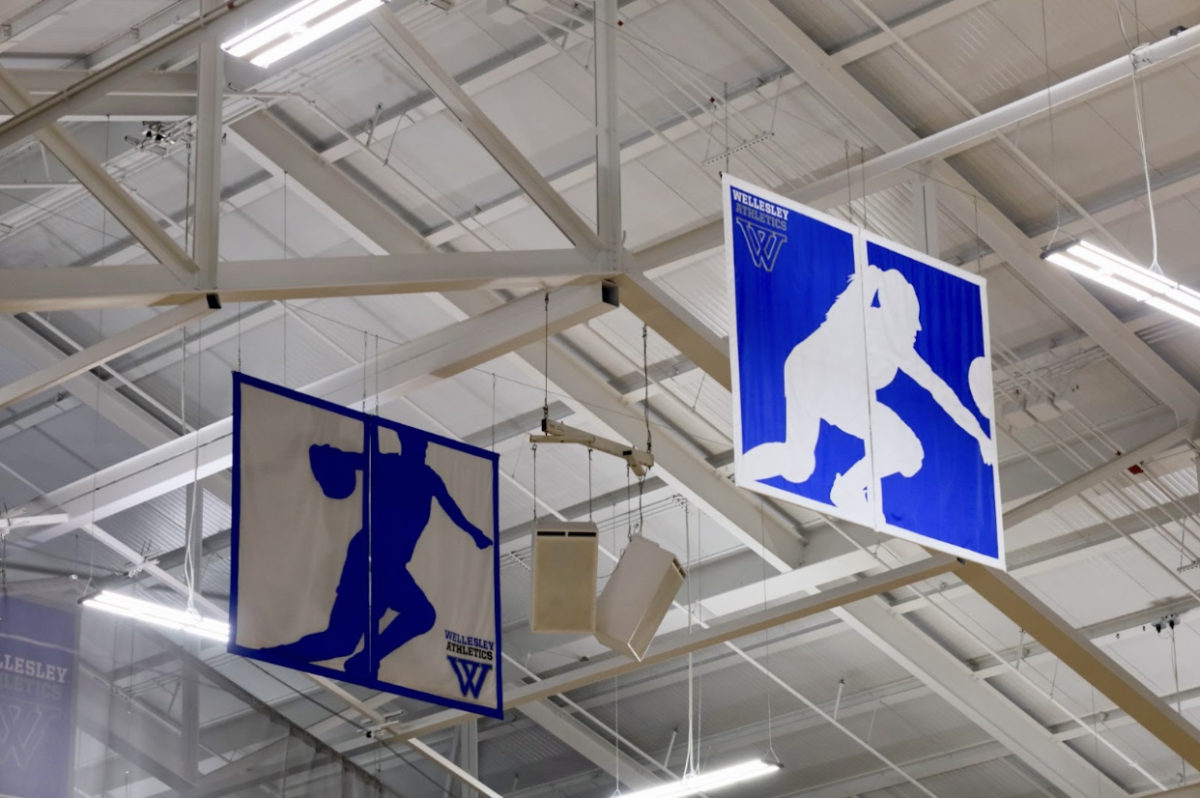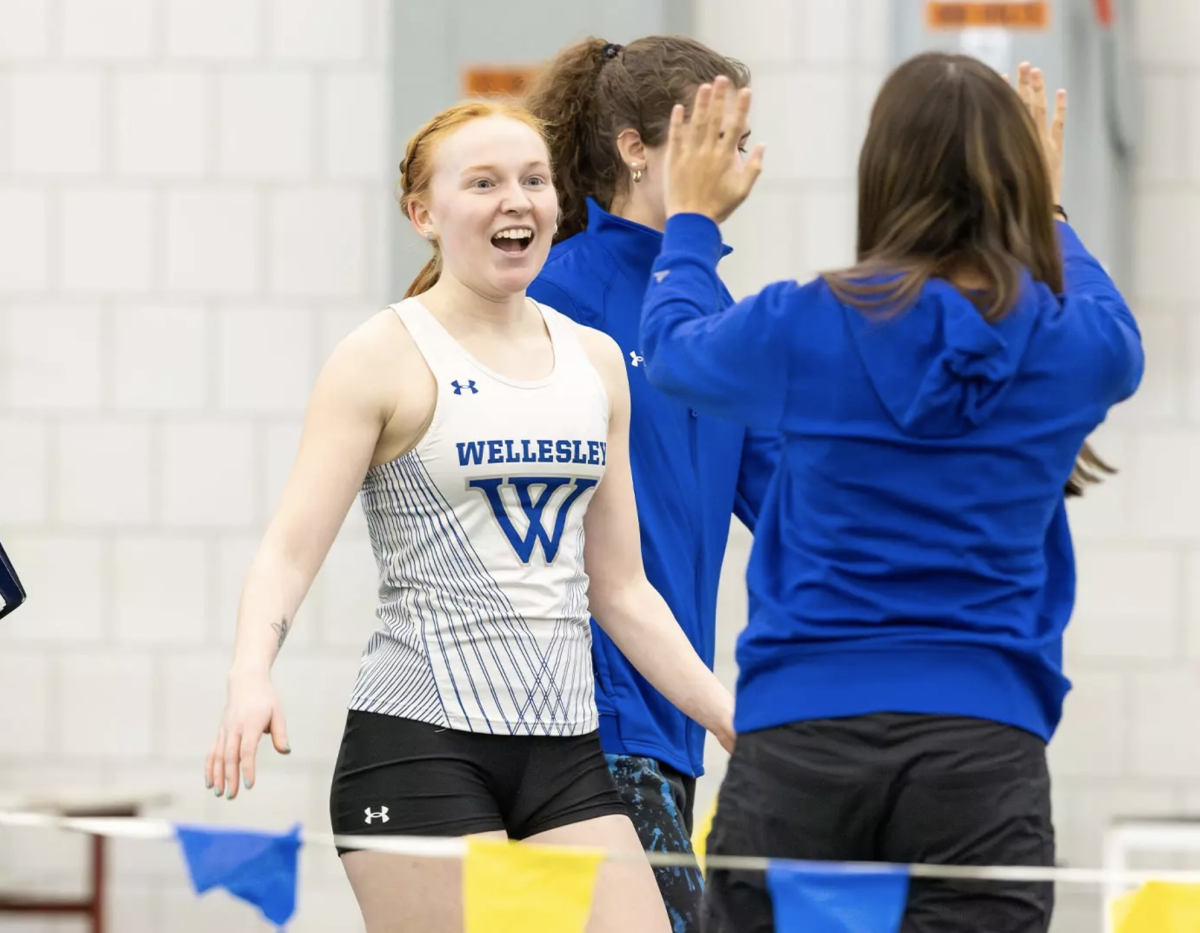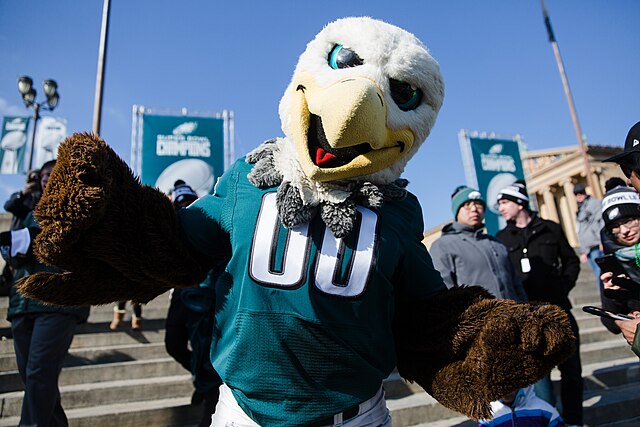By HEIKE JACOB ’17
Staff Writer
It’s time to confront a serious problem within our society—our insensitivity and competitiveness. These can cause great harm to others, especially when we are not even aware of what we are doing.
One particularly relevant example is the harassment of Jonathan Martin, a biracial football player for the Miami Dolphins, by his white teammate and “best friend” Richie Incognito. Incognito frequently communicated with Martin using racial slurs like the n-word, which he said came “from a place of love.” Outsiders, he said, simply couldn’t understand the nature of their relationship.
Incognito’s blatant bigotry and discrimination is just one instance of such a dynamic. African Americans have appropriated derogatory language in order to take power away from their oppressors, but that does not make it acceptable for others to hijack those terms, even as a joke.
The example of Martin and Incognito only serves to highlight the severe bullying and hazing —not to mention the extreme racism—within the microcosm of the NFL. Only six of 32 NFL teams have African-American coaches, even though those few coaches frequently outperform their white competitors.
Since athletes in this sport are trained for years to be aggressive and unstoppable, merciless poking and prodding ensues as each athlete gauges just how tough the new guy is. Even Incognito admits that much of what is said in the locker room simply wouldn’t be tolerated elsewhere. Rookies of all races are usually put through a grueling initiation to prove their worth to veterans.
In addition, athletes sometimes have difficulty solving problems using their words; conflicts often become physical. Just last Friday, a group of Virginia State University players viciously attacked Rudy Johnson, the Winston-Salem University quarterback, who is also black.
One explanation for this frightening violence is that talent trumps character when making contracts, as is easy to see in the case of Aaron Hernandez, a former New England Patriots football player who is currently being investigated for multiple murders. Another explanation is that coaches often use borderline abusive tactics to motivate their players, which may leave the team with pent-up frustration that they feel they have no choice but to unleash on each other. A black Rutgers University football player, Jevon Tyree, recently quit his team because of the coach’s intimidating profanity.
These factors might explain why high rates of bullying can be found in other contact sports such as ice hockey, and especially contact sports like basketball—which has only nine black head coaches out of 30 teams in the NBA, despite 83 percent of players being non-white.
Although there will always be friendly teasing between teammates, there should be clear rules for what words and topics are off-limits. This is especially true in the locker room, which for professional players is a work environment. If a player wouldn’t say something to a coworker in the neighboring cubicle, he shouldn’t say it to the running back with a locker adjacent to his.
Furthermore, veterans should take leadership in moderating discussion and calling out other players when the teasing goes too far. While it might be natural to want to test an individual’s limits, such behavior is detrimental not only to that individual’s experience but also to the health of the team as a whole.
It appears that some are already stepping up to the plate. A high school coach in Utah suspended his entire team after allegations of cyberbullying arose. Instead of attending practice, they performed community service as a punishment.
Still, there are serious problems in many pro sports. If the Martin-Incognito incident transpired between two children, we would be horrified at the vulgar language used and the threats made to Martin and his family. Why then is the world not equally as surprised that adults do the same thing to each other? This double standard is completely backwards, and should be rectified immediately. Football players, coaches and the general population should grow up, acknowledge bullying and work to address it.
Heike is a first year from Western New York who never really liked football that much anyway. She did swim freestyle on her school’s varsity team.



